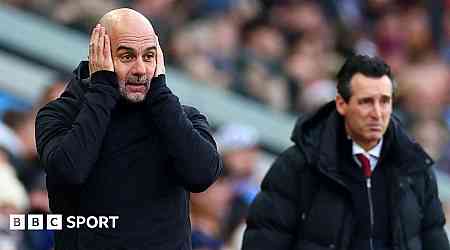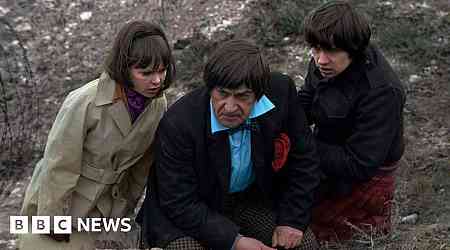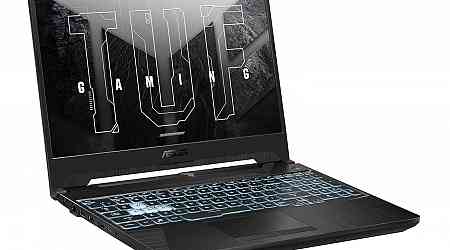
Wolverine is one of a few different X-Men present in Marvel Rivals, using his adamantium claws to deal close-range damage as a Duelist. His skill set encourages aggressive tactics, with his rage passive building by dealing or taking damage. Getting the most out of Wolverine requires you to understand the best order to use his abilities and manage his two passive abilities. Here's how to get the most out of the short and dangerous Wolverine.
Wolverine overview

Wolverine is an entirely melee-based Duelist (damage dealer) in Marvel Rivals, which isn't completely unique on the roster, but fairly uncommon. He has two dashes, a buff, and two passives for you to work with. The main combat flow is to use the buff, which reduces incoming damage, to get into combat, and focus all of your melee attacks on a single squishy enemy. His healing is passive with a relatively long cooldown, so while it's a nice crutch to have, it can't be relied on completely.
Wolverine has two weaknesses, with one being easier to overcome than the other. The first is flying enemies, like Storm or Iron Man. While you can sort of reach them with Wolverine's leap, you don;t have any way to keep them on the ground, or consistently attack them in the air. The other weakness is long-ranged Duelists, like Black Widow or Hawkeye. If you can get close, the match up swings back into your favor, but without a way to pressure them at range, they might gun you down before you can even reach them.
Wolverine abilities and team-ups

Savage Claw (primary): Wolverine's primary attack, does four consecutive melee attacks with his claws.
Feral Leap: Leap towards enemies, grabbing one and bringing them with you, slamming them into the ground dealing damage. Briefly enhances normal attack.
Undying Animal: Gain a temporary buff that reduces incoming damage.
Vicious Rampage: Dash forward and unleash a claw strike.
Regenerative Healing Factor (passive): Begin to heal with a heft health bonus, which transforms into a heal after a short moment, reducing rage to zero. Assists reduce this cooldown.
Berserker Rage (passive): Rage builds when taking or dealing damage, boosting Claw Strike damage and the bonus health from the healing factor.
Last Stand (ultimate): Launch enemies up into the air and spiral towards the ground, sweeping enemies and dealing damage upon landing. Damage increased based on total rage.
Fastball Special (Hulk team-up): Once confirmed by both players, Hulk can raise Wolverine into the air and throw him towards enemies, dealing damage.
Get in, get out

Wolverine, despite his near invincibility in the comics, is fairly squishy in Marvel Rivals. He does have a buff, Undying Animal, that reduces incoming damage, but if you try to rush several enemies at once you will get melted. Since you have to be in melee range to deal damage, flanking or focusing on any Duelists or Strategists who have been separated from their team is the predominant strategy here. You can use both dashes to close the gap on an enemy, since the Vicious Rampage ability has a short cooldown, so it should be available to use as an exit plan.
Keep taking or dealing damage

Wolverine's rage passive builds from dealing or taking damage, increasing your damage output as it increases. It increases attack speed and damage for your primary, increases damage for the ultimate, and increases the heal from his other passive. This does mean you want to stay in the fight as much as possible, but keep in mind that you only have 300 health, and the Regenerative Healing Factor passive has a long cooldown. That long cooldown is reduced by participating in kills, but you won't have it every fight, so you can't rely on getting that health boost every fight.
The big finishing move

Wolverine's ultimate ability, Last Stand, launches enemies in front of him up into the air before sweeping them with him to crash down on the ground, dealing damage to any enemies caught up in the ultimate or landed on. While this big area of effect attack seems like it could be a good opening move, it should be used almost exclusively as a finisher, thanks to its boost from Wolverine's rage. Since the ultimate does more damage the more rage you have, using it at the start of a fight with no rage built is a bit of a waste, since you could deal a ton more damage after building some meter.
Like many ultimate abilities in Marvel Rivals, you are pretty vulnerable during the animation at the start, so don't wait until you're almost ready to use it either. While you should land it wherever there are the most enemies, targeting the Strategists is always a smart move since taking out your opponents' healing can shift momentum in your team's favor pretty quickly.























